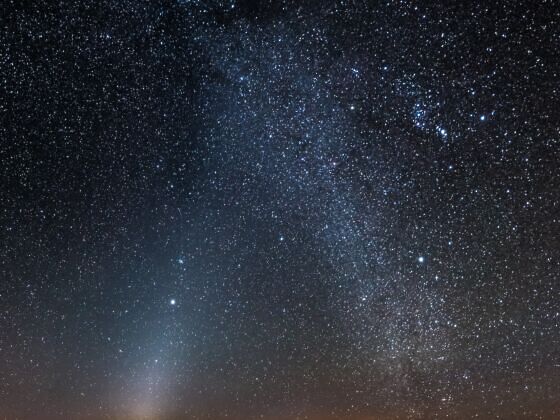The Great Lakes State just received its first International Dark Sky Sanctuary certification. Earlier this month, DarkSky International recognized northern Michigan’s Beaver Island State Wildlife Research Area, which spans 9,425 acres of Beaver Island in Lake Michigan, for its “exceptional or distinguished quality of starry nights.”
The research area was certified as a Dark Sky Sanctuary (rather than a Dark Sky Park or Reserve) due to its relatively isolated location. Sanctuary designations are generally designed to promote awareness for properties whose remoteness limits their risk of light pollution but also inhibits public outreach efforts. Beaver Island, the largest island in Lake Michigan, is only reachable by ferry or plane, weather permitting. That the island is a wildlife research area, and therefore conserved for its natural and scientific value, also qualifies it as a Dark Sky Sanctuary.
